New Jersey Future Blog
Should we be happy or sad about fewer people on the road?
January 11th, 2010 by Tim Evans
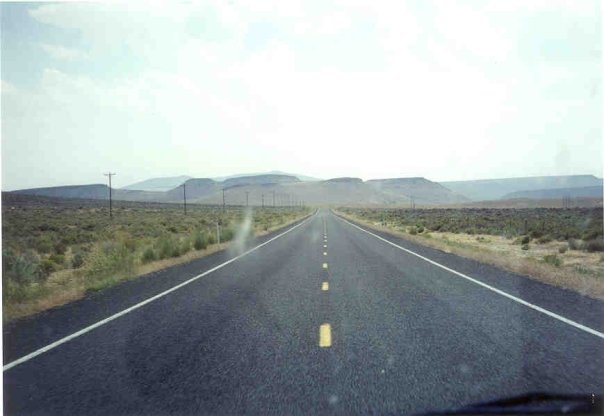
photo by author
A couple of news items over the last few days have combined to serve as a good reminder that owning and driving a car is a means to an end, not an end in itself. Driving (at least non-recreational travel) is what economists call a “derived good” – something people consume not because it produces any direct benefit in and of itself but because it is a necessary step in obtaining access to desired goods or services. Most of the time, people are driving because they have to, not because they necessarily want to. And the amount that they drive depends on several factors.
One of the most common driving destinations is the workplace. Most people drive to work. So when the economy takes a nosedive and fewer people are working, this usually results in fewer people driving. Most people use their cars to go shopping, too. In a poor economy when people are not spending as much money, they’re not going shopping as often and aren’t driving as much. Thus VMT (vehicle-miles traveled) can be viewed as an indicator of the health of the overall economy – when more people are working and spending money, more miles are being driven. This is why we have the AAA cheering the fact that New Jerseyans drove more miles in the second half of 2009 than in the first half – they see it as an early sign of economic recovery. Which it might be.
On the other hand, we have New Jersey Future and other smart-growth groups encouraging the NJ Dept. of Environmental Protection to include strategies aimed at reducing VMT among its recommendations for meeting the greenhouse-gas reduction goals of the Global Warming Response Act. And in a similar vein, we have Streetsblog Capitol Hill approvingly citing data showing the American auto fleet shrinking in 2009 – that is, more old cars were junked than new cars were purchased. The decrease in car ownership is very likely also a symptom of the economic downturn.
So why do smart-growth groups like New Jersey Future want to see VMT decrease? And why might we describe a lower vehicle ownership rate as a good thing? Does this mean we want to see New Jersey’s economy remain in the doldrums?
No, of course not. What we want is better development practices that reduce the need to drive. Right now, most new development separates housing from jobs, shopping, and recreational opportunities, usually resulting in a need to get in the car for just about any activity outside the home. Instead, we would like to see improved community design that puts destinations closer together, creating safe, convenient alternatives to driving (including walking, biking and public transit) while at the same time reducing travel distances for those trips that are still taken by car. To cite an extreme example, New York City has very low per-capita VMT compared to the rest of the country, but nobody is going to argue that it’s because NYC is economically depressed – it’s because New Yorkers have plenty of other ways to get around and conduct business. The same principles that make a car unnecessary in New York can be employed on a smaller scale just about anywhere else. Decreasing vehicle ownership and decreasing VMT would both be indicators of a reduced need to drive.
So should VMT be going up or down? Who’s right, New Jersey Future or AAA? The answer is really “neither”; VMT is a pretty good proxy for both better land-use practices and overall economic health (albeit in opposite directions), but it’s not a perfect proxy for either one. This doesn’t mean we can’t use VMT as an indicator, it just means we have to be mindful of its limitations. We want to identify the reasons that VMT is decreasing before we automatically assume the decrease is good or bad.
Related Posts
Tags: Indicators, Transportation, Vehicle ownership, VMT


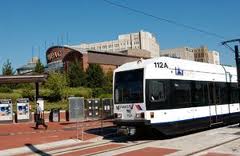
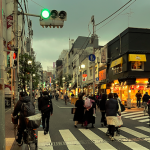
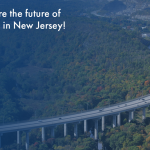
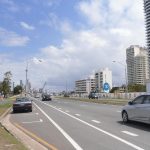











[…] from around the network: Garden State Smart Growth on VMT as an economic indicator. BicycleLaw.com on why the LA doctor case does not signal a sea […]
[…] Committee has recently launched a new blog. Sounds like they need it. More from around the network: Garden State Smart Growth on VMT as an economic indicator. BicycleLaw.com on why the LA doctor case does not signal a sea […]
[…] from around the network: Garden State Smart Growth on VMT as an economic indicator. BicycleLaw.com on why the LA doctor case does not signal a sea […]
[…] from around the network: Garden State Smart Growth on VMT as an economic indicator. BicycleLaw.com on why the LA doctor case does not signal a sea […]
[…] like with vehicle-miles traveled (VMT ), vehicle ownership can be an indicator of more than one thing. In measuring progress toward […]